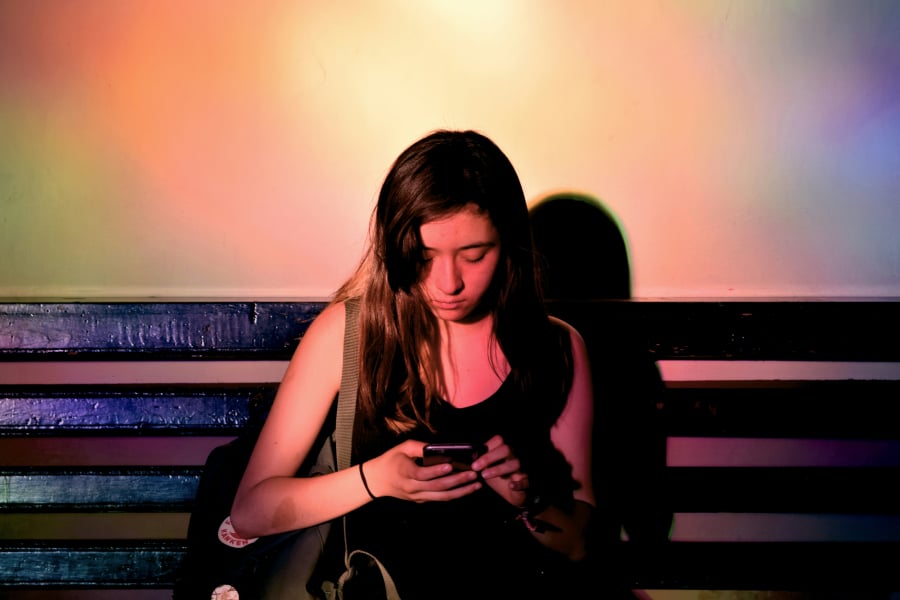Greek Teens Among Heaviest Digital Device Users, OECD Warns of Mental Health Risks
A new report from the Organisation for Economic Co-operation and Development (OECD) highlights growing concerns over the mental health of Greek adolescents due to their extensive use of digital devices. Released under the title “How’s Life for Children in the Digital Age?”, the report reveals that teens in Greece are among the most frequent users of screens across OECD countries, raising alarms about the impact of digital exposure on their well-being.
The data shows that nearly 70% of 15-year-olds in Greece spend more than two hours a day on digital devices purely for entertainment, exceeding the OECD average. This high level of screen time is particularly pronounced among teens from lower socio-economic backgrounds, who are more likely to engage heavily in video games and social media. The report links this trend to increased vulnerability due to limited parental supervision and fewer social resources.
Mental health concerns are prominent throughout the findings. One in four Greek teens reported feeling distressed when personal information about them was shared online without their consent. Cyberbullying is also widespread, with 17% of adolescents aged 11 to 15 reporting they were victims of online harassment between 2021 and 2022—a rate higher than the OECD average.
Perhaps most striking is the emotional dependence on digital devices. Roughly 23% of 15-year-olds in Greece—especially girls—said they feel nervous or insecure without access to their mobile phones. Additionally, 20% admitted to neglecting other important activities such as sports or hobbies in favor of using social media. This digital overuse, the report suggests, is often tied to broader issues of anxiety and disconnection in teens’ lives offline.
Children from single-parent households and those with a migrant background face even higher risks, often due to the absence of consistent digital guidance or support. These disparities, the report notes, contribute to an increasingly uneven digital experience among young people in Greece.
The findings are part of a broader study that spans multiple OECD countries, using 45 internationally comparable indicators to assess children's access to technology, their online habits, and their exposure to digital risks. Across the OECD, 98% of 15-year-olds own a smartphone, illustrating the near-universal presence of digital devices in adolescents’ daily routines. However, only half report knowing how to protect their privacy online, and more than a quarter admit to sharing false information on social media.
Content Original Link:
" target="_blank">


















































